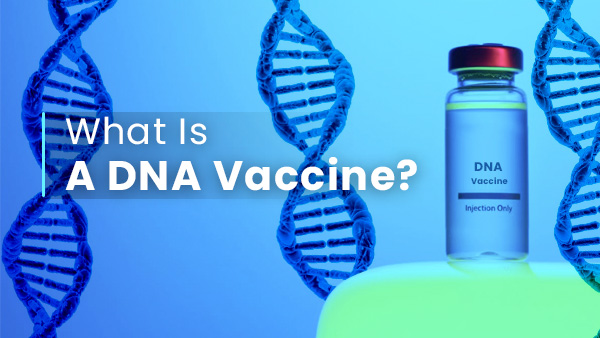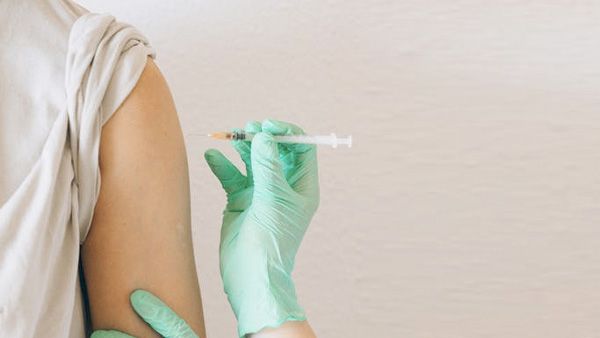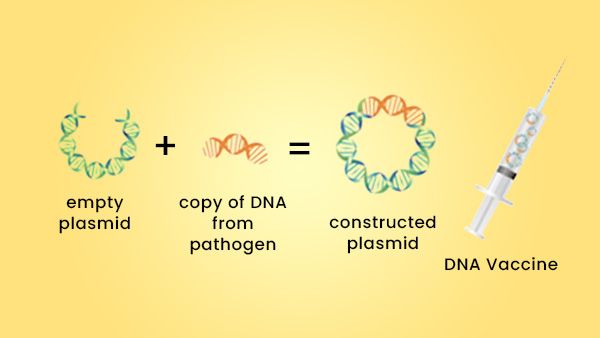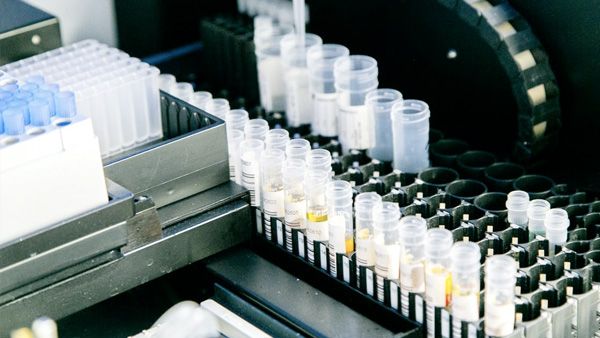Just In
- 4 hrs ago

- 5 hrs ago

- 9 hrs ago

- 10 hrs ago

Don't Miss
- News
 Why Was There No Indian Ambassador Or Embassy In Israel Until 1992? Questions S Jaishankar
Why Was There No Indian Ambassador Or Embassy In Israel Until 1992? Questions S Jaishankar - Finance
 1:10 Split, 26 Dividends: Tata's 26-Year-Old Retail Stock In Focus, Q4, Dividend Ahead; Buy For Target Rs 4200
1:10 Split, 26 Dividends: Tata's 26-Year-Old Retail Stock In Focus, Q4, Dividend Ahead; Buy For Target Rs 4200 - Sports
 IPL 2024: List of Centuries By CSK Batters As Ruturaj Gaikwad Hits Maiden Ton As Captain
IPL 2024: List of Centuries By CSK Batters As Ruturaj Gaikwad Hits Maiden Ton As Captain - Education
 Telangana Inter Manabadi 1st and 2nd Year Results 2024 to be Declared Tomorrow
Telangana Inter Manabadi 1st and 2nd Year Results 2024 to be Declared Tomorrow - Movies
 Digangana Suryavanshi Gets Ready For Her Next Film 'Krishna From Brindavanam'- See Mahurat Pic
Digangana Suryavanshi Gets Ready For Her Next Film 'Krishna From Brindavanam'- See Mahurat Pic - Automobiles
 Chrysler Pacifica Marks Seven Years As Most Awarded Minivan With New Campaign
Chrysler Pacifica Marks Seven Years As Most Awarded Minivan With New Campaign - Technology
 Xiaomi Robot Vacuum Cleaner S10, Handheld Garment Steamer, and Redmi Buds 5A Launched in India
Xiaomi Robot Vacuum Cleaner S10, Handheld Garment Steamer, and Redmi Buds 5A Launched in India - Travel
Kurnool's Hidden Gems: A Guide To Exploring India's Lesser-Known Treasures
What Is A DNA Vaccine? How Is It Different From Other Vaccine Types?
ZyCoV-D vaccine, which will hit the Indian market by June-July, is going to be India's first DNA-based vaccine against COVID-19 and is believed to be more efficient compared to other vaccine types such as live-attenuated viral vaccine (Covaxin) or viral vector vaccine (Covishield). [1]

As per the recent announcement made by Mansukh L. Mandaviya, the current Union Minister for Healthy and Family Welfare, Zydus Cadila, an Ahmedabad-based pharmaceutical company and developer of ZyCoV-D, has completed their third phase trial and has applied before DCGI (Drugs Controller General of India) to get authorisation for emergency use of the vaccine in the country.

What exactly is a DNA vaccine and why it is considered to be more effective than Covaxin and Covishied, which are among the first two vaccines to get approval for use in the country. Let's get to the details of it.

What Is A DNA Vaccine?
DNA vaccines are third-generation vaccines that include the use of engineered DNA plasmids. Here, the Deoxyribonucleic acid or DNA is engineered in such a way that upon administration in the body, it induces both a humoral and cell-mediated immune response against the specific antigen (pathogen) such as virus, bacteria and parasites, along with showing significant stability, producibility and storage.
Many studies say that among the other technologies available for the development of vaccines, DNA vaccines can be promising among all conventional vaccine types. [2]
The first concept of DNA vaccine was made earlier in 1990 and since then, it has become the fastest-growing vaccine technology and also, one among the important discoveries in the history of vaccinology.
According to the WHO, the DNA vaccines not only contain the engineering DNA, but also other supplementary agents that help the DNA enter the cells, target the specific cells and stimulate and direct the immune response towards the antigens.


How Do DNA Vaccines Work?
DNA vaccines consist of delivering genes or their fragments, also called DNA plasmids. The engineered gene which is used in DNA vaccines encodes proteins that originated from the antigen. [3]
This approach may help the immune system target that specific antigen by inducing adaptive immune responses to mark and kill them, and prevent the risk of infection the next time.
The vaccine formulation is designed in a way that the plasmids used are translocated to the nucleus of the cells, thus triggering the gene transcription of the antigen (pathogen).

The gene then gets translated into protein, and then into peptides. These peptides help bind the immune system proteins (histocompatibility complex (MHC) class I or II) involved in recognising the antigen to the T-cells.
To mention, T and B cells are part of the immune system that help identify and kill the pathogens entering the body. T-cells are cells that help identify the antigen and mark them while the B-cells are involved in secreting antibodies specific to the antigen and destroying the pathogen.
Therefore, when DNA vaccines are administered, the plasmids in it go to the target cells where they are decoded, thus allowing the T-cells to mark them accurately and B-cells to produce antibodies against them, so that next time when the actual pathogen enters, the body will have the capability to tackle them in many ways.

Why DNA Vaccines Could Be Better Than Other Vaccine Types
Compared to conventional vaccine types or those made with live-attenuated viruses or viral vectors, DNA vaccines could be better due to the following reasons: [4]
- Engineering of the DNA: The DNA can be engineered in many ways related to different features of the antigen, so that a single vaccine can efficiently develop immunity against their range of features.
- Beneficial against pathogen mutation: Engineering DNA in many ways can also help adjust the immune system against the mutation of the pathogen. This is the reason why ZyCoV-D is considered efficient enough against the mutation or variants of COVID-19.
- Double Immune response: It induces both cellular and humoral responses in humans, meaning immune response specific to the cells which are infected, and immunity against pathogens that are circulating inside and outside the infected cells.
- Broad immune response: It can help induce a broad range of immune responses, apart from the immune response just against the antigen, without any risk of replication of pathogens.
- Low cost and good storage: Due to efficient low-cost, large-scale production and good storage stability. DNA vaccines are highly stable and require less need for refrigeration which could make transportation easy to endemic areas.
- Intranasal delivery: Some studies say that DNA vaccines can be administered against other routes such as intranasal against respiratory infections. This could help treat the condition efficiently compared to its administration through a subcutaneous route. [5]
- Absence of infectious agents: Compared to other vaccine types based on the live-attenuated vaccine and viral vector vaccine, in which the weakened form of the pathogen is present, DNA vaccines are free of any kind of infectious agents and contains the DNA encoded like antigen, not the actual antigen.


Downsides Of DNA Vaccines
Some of the downsides of DNA vaccines include:
- More research: According to the WHO, many aspects of DNA vaccines are not clearly understood and require more research before using them in humans. [6]
- Imbalance of the immune response: Sometimes, due to both cellular and humoral immune responses, some imbalance of the immune response can occur, leading to worsening of the condition. Therefore, DNA vaccines should be designed in such a way so that they can prevent this imbalance along with fighting the antigens. [7]
- Approval: Considering the sensitivity of DNA vaccines to humans, they need to pass all three human trials for their manufacturing and distribution, along with getting approval from the national authorities.
Unlike other vaccine types like Covaxin which has been approved for emergency use even after the second trial results, DNA vaccines need more assurance of their safety and accuracy.

To Conclude
DNA vaccines could be the new era vaccine that could be highly efficient against future diseases, including different upcoming variants of the COVID-19. However, a deep understanding of the gene encoding, immune response and host-pathogen interaction is still required, along with strong human trial results.
-
 healthY Chromosome May Disappear In The Future, Is There A Need For New Sex Gene?
healthY Chromosome May Disappear In The Future, Is There A Need For New Sex Gene? -
 healthGenomic Sequencing: Here’s How Researchers Identify Omicron And Other COVID-19 Variants
healthGenomic Sequencing: Here’s How Researchers Identify Omicron And Other COVID-19 Variants -
 disorders cureGene Editing: Everything You Need To Know
disorders cureGene Editing: Everything You Need To Know -
 wellnessNew DNA Sunscreen Provides Better Skin Protection
wellnessNew DNA Sunscreen Provides Better Skin Protection -
 wellnessNight Shifts May Hamper DNA Repair
wellnessNight Shifts May Hamper DNA Repair -
 wellnessMeditation, Yoga Can 'Reverse' Stress-Causing DNA Reactions
wellnessMeditation, Yoga Can 'Reverse' Stress-Causing DNA Reactions -
 wellnessExtra Weight Gain Affects Your DNA
wellnessExtra Weight Gain Affects Your DNA -
 basicsDoes DNA Decide Timing Of Child Birth?
basicsDoes DNA Decide Timing Of Child Birth? -
 nutritionDo Plant Based Foods Boost DNA Repair
nutritionDo Plant Based Foods Boost DNA Repair -
 wellnessDo You Know What Causes Psychiatric Disorders?
wellnessDo You Know What Causes Psychiatric Disorders? -
 wellnessSmoking Can Damage Sperm DNA, Affects Fertility: Study Reveals
wellnessSmoking Can Damage Sperm DNA, Affects Fertility: Study Reveals -
 pulseAmazing Facts About DNA
pulseAmazing Facts About DNA


 Click it and Unblock the Notifications
Click it and Unblock the Notifications



